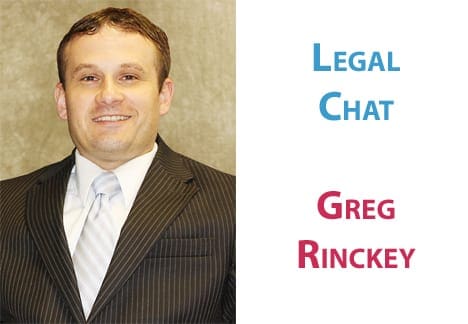I am 68 and retired. Lately, I have been having some financial hardships. If I declare Chapter 7 bankruptcy, will I be able to keep my leased car? I need it to get to and from doctor’s appointments.
Many people experience financial hardship after they retire due to a reduction in steady income. Declaring bankruptcy in your retirement years can be an efficient tool to restructure debt and protect retirement assets, while simultaneously providing fair treatment to creditors.
In your particular situation, your vehicle is your lifeline of transportation to important medical appointments. The purpose of bankruptcy is to help an individual regain their financial footing; thus, bankruptcy law creates ways to keep your car if you file for bankruptcy.
If you wish to keep your vehicle when you file for bankruptcy, this should be indicated in a filed document called the Statement of Intention. This must be done within 30 days of the first meeting of the creditors.
A debtor may decide to “redeem” the vehicle. This means making one lump sum payment to the creditor based on the fair market value of the vehicle. Although the party seeking redemption has the burden of proving the vehicle’s value, the court ultimately makes the final valuation decision. For example, in the case of In re Herrera (2011), both the debtor and the creditor put forth their own valuation of the vehicle in question, but ultimately the Bankruptcy Court in the Eastern District of New York decided the fair market value for purposes of redemption was $17,000.
Similarly, a debtor could re-negotiate with the lender for a post-bankruptcy loan, under which the payments are calculated based on the fair market value of the vehicle. This is particularly useful if the debtor owes more than the vehicle is actually worth. For example, if a debtor owes $20,000 on a vehicle that is only worth $15,000, it might be possible to reduce the balance due by $5,000 and in turn also lower the monthly payments.
If you are current on your car loan and are satisfied with the contract, you may “reaffirm” the loan. In essence, this allows the car loan to pass through bankruptcy as if you never filed in the first place. This is a double-edged sword. While reaffirming a debt maintains the status quo and gives you the benefit of having an open installment contract on your credit report, if you reaffirm the loan and default on its terms after the bankruptcy is over, the car company may sue you for the amount due and owing.
If you lease your car, you may “assume” your lease. This is similar to a reaffirming a car loan because the debtor agrees to keep making the monthly payments and otherwise be bound by the lease terms. In order to assume the lease, the debtor must notify the lessor in writing of the intention to do so; the lessor must notify the debtor of its wiliness to have the lease assumed; and within 30 days of the debtor’s initial notification to the lessor, the debtor must notify the lessor that the lease is assumed by the debtor personally. As evidenced by the case In re Brian J. Farley and Denise A. Farley (2011), courts generally do not require assumption agreements to be approved by the court, but also stress that the aforementioned requirements be adequately met. In this case, the court took issue with the fact that the debtor’s counsel rather than the debtors themselves signed the assumption agreement.
Bankruptcy can be an efficient tool for retirees to utilize in order to regain financial footing and protect estate assets. If you are thinking about filing for bankruptcy, you should contact an experienced bankruptcy attorney to discuss your options.
Greg T. Rinckey, Esq., is a founding partner at Tully Rinckey PLLC, a full-service law firm located in Colonie. For more information about the firm’s bankruptcy, real estate, estate planning, personal injury, employment law, or family and matrimonial law, please visit www.1888Law4Life.com. If you would like your legal question or topic answered in the next issue, please contact Greg Rinckey at 218-7100 or askthelawyer@ 1888law4life.com. The information in this column is not intended as legal advice.




